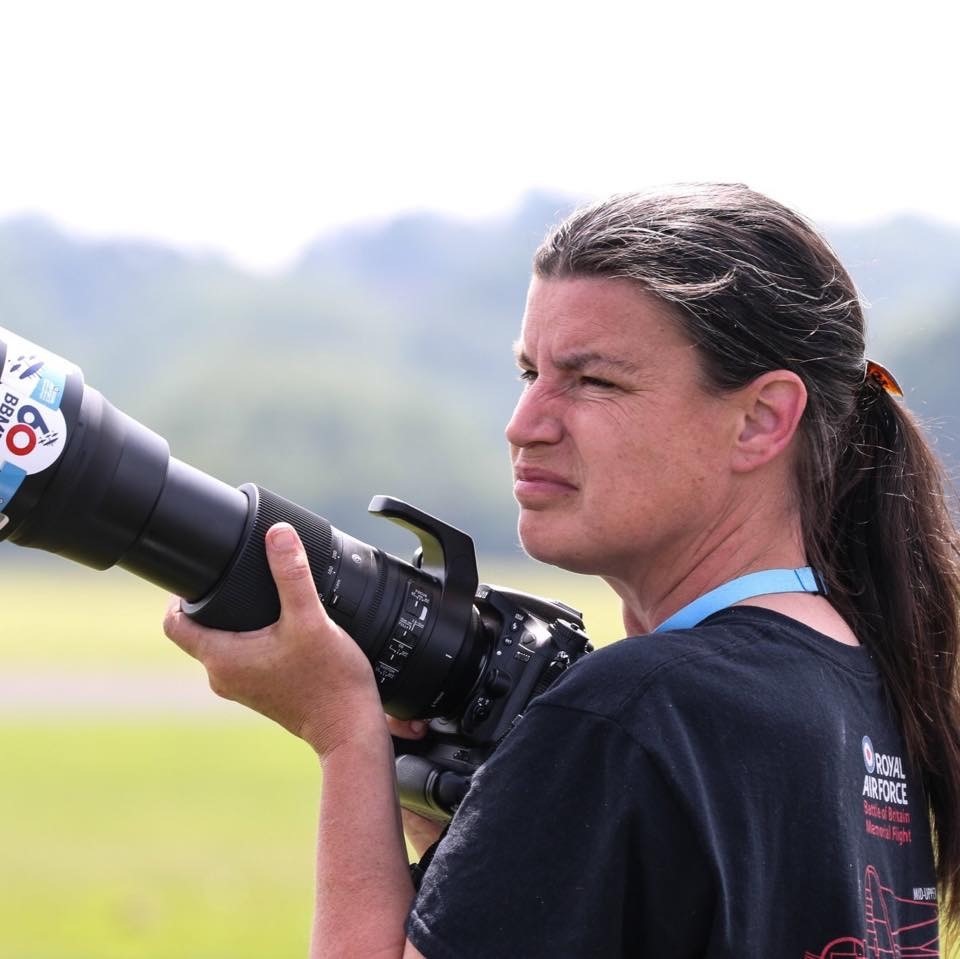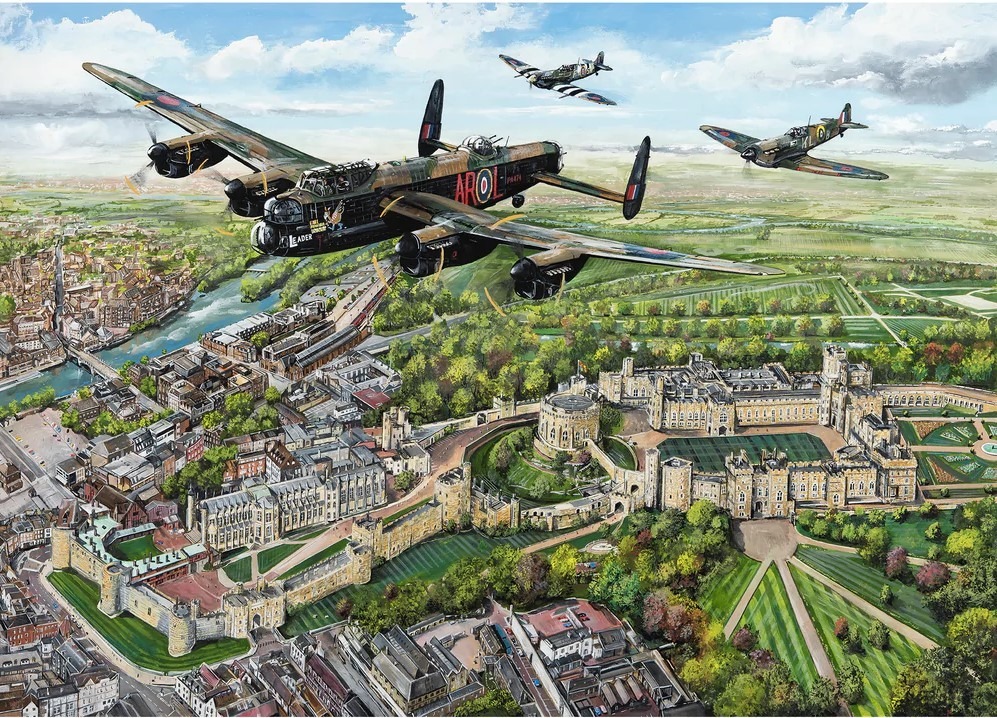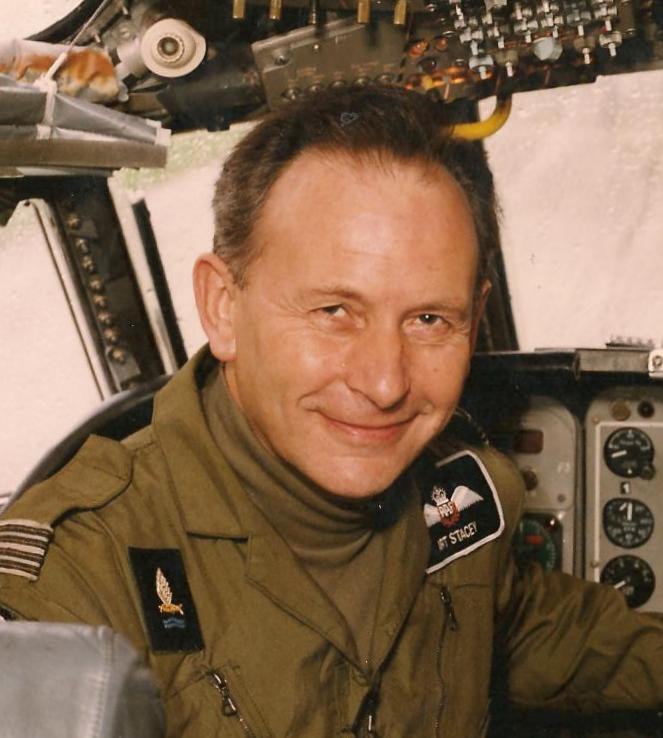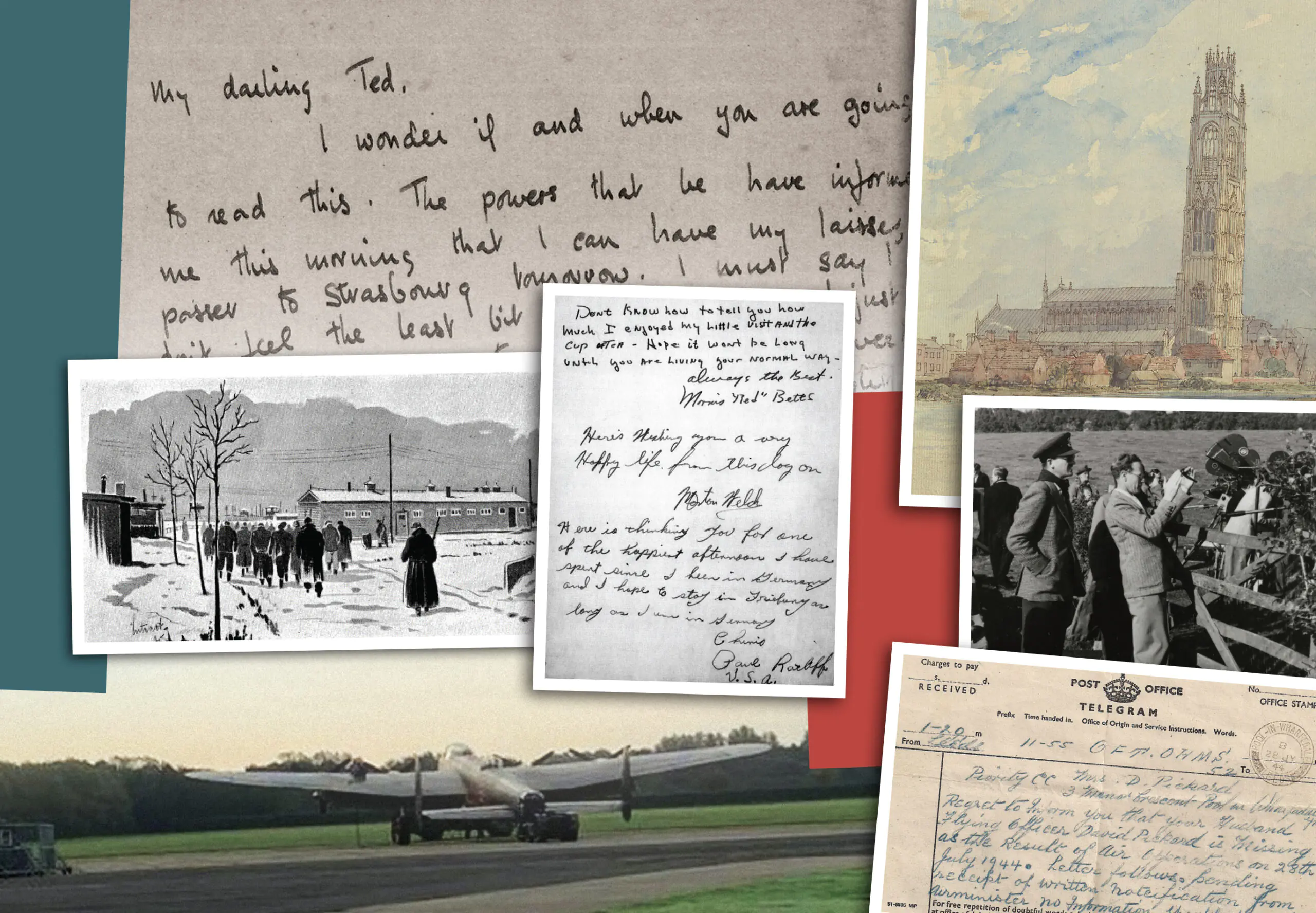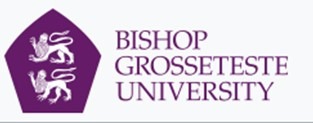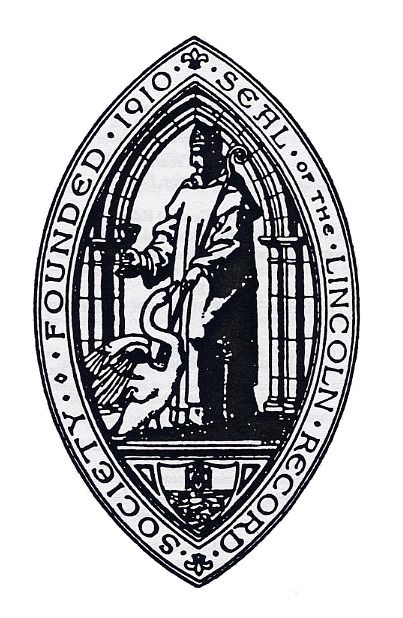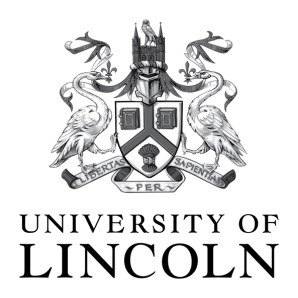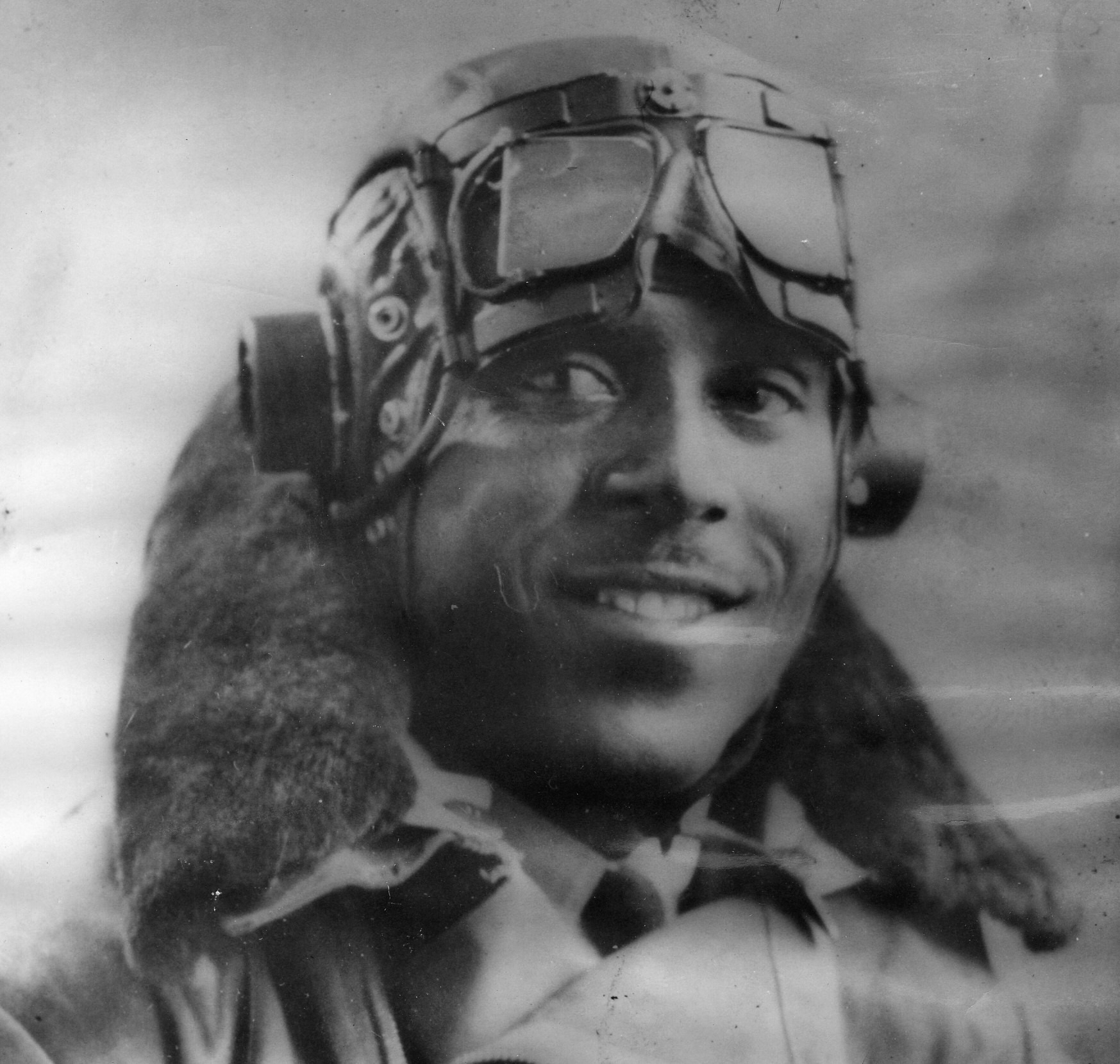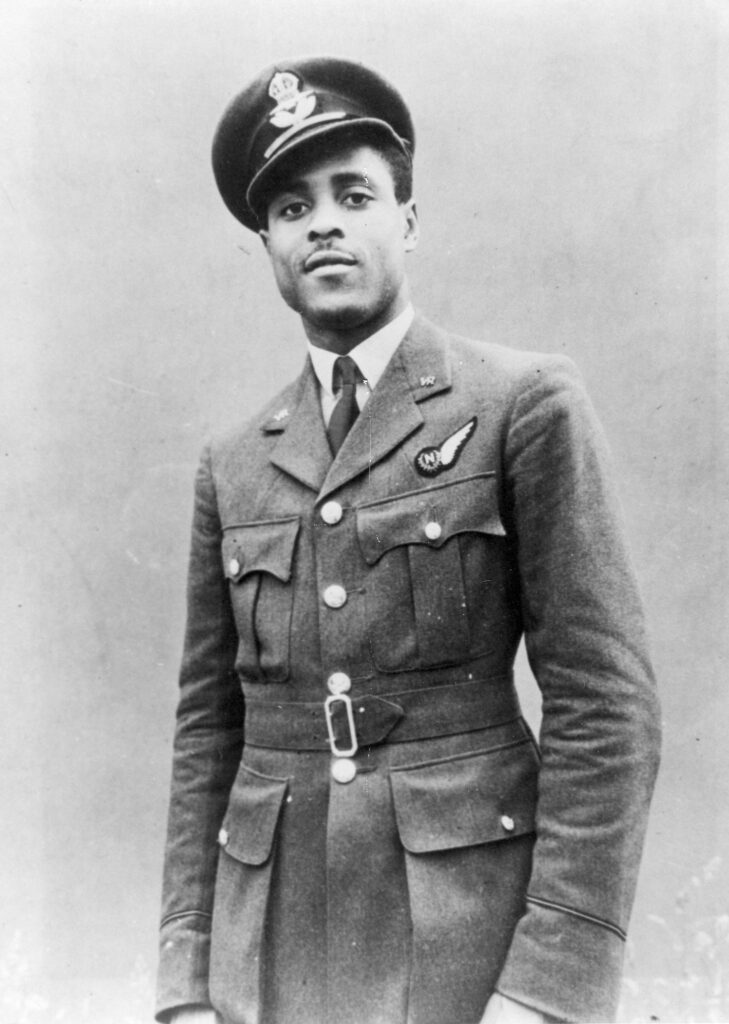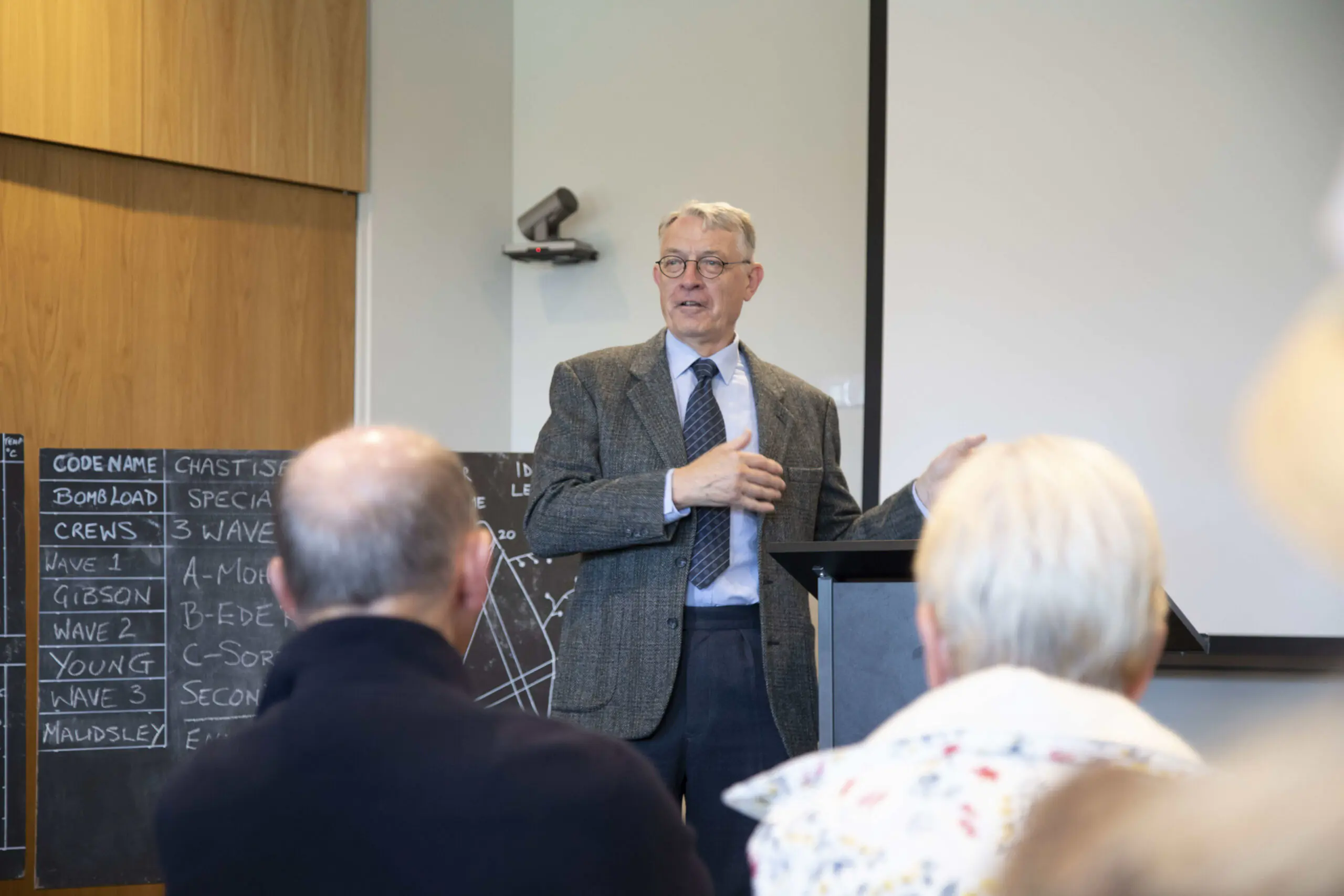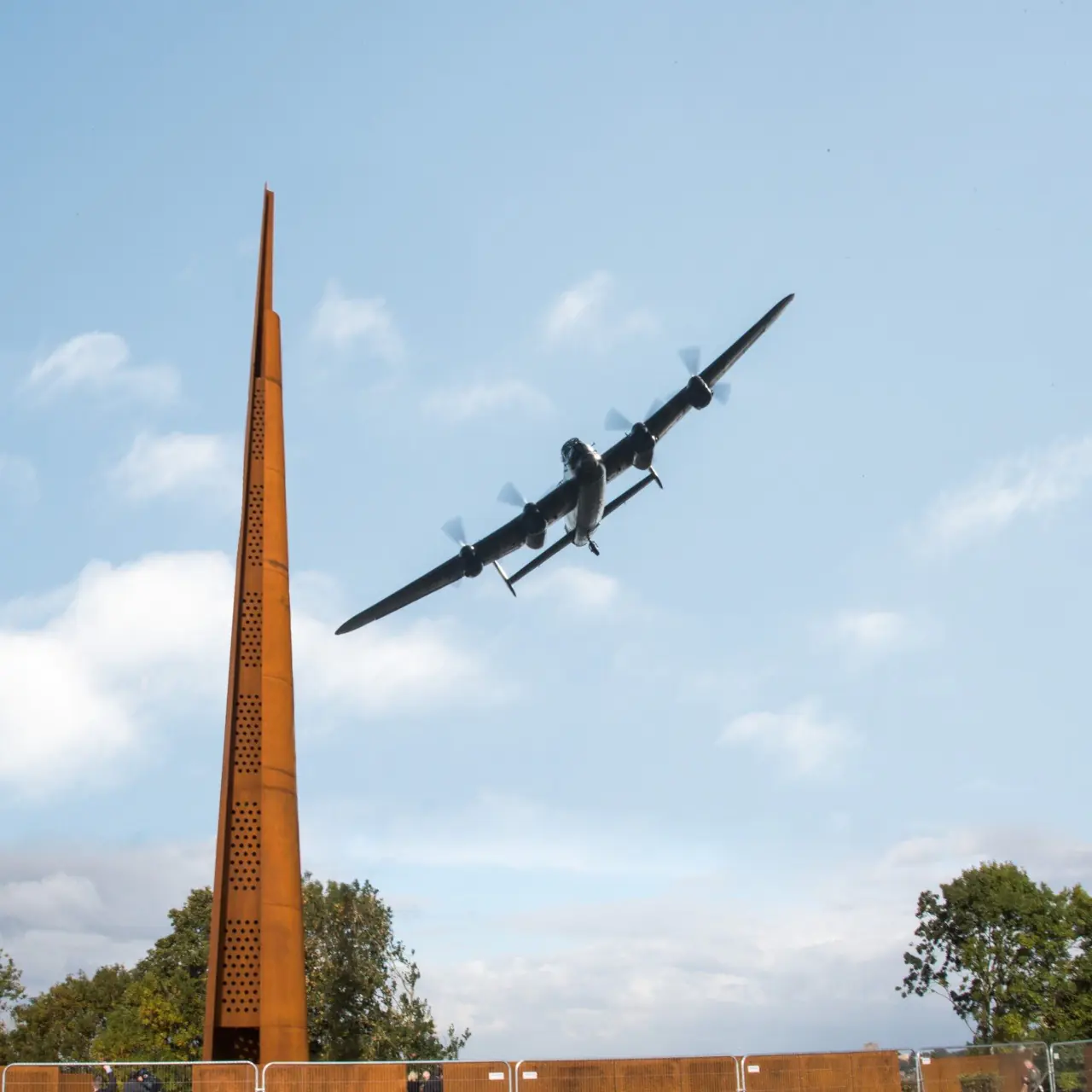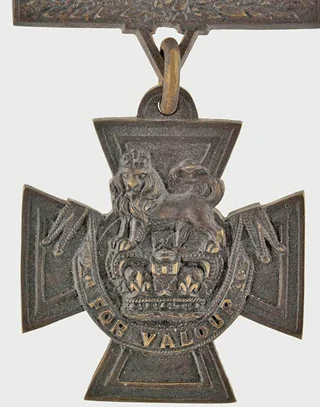Battle of Britain Spitfire Ace – The life and loss of one of the few, Flt Lt William Henry Nelson DFC
Thursday 12th December 2024 – 6.30 – 9.30 pm.
Like many young Canadians in the 1930s, Willie Nelson wanted to fly. Unlike all but a few, he fulfilled his ambition beyond imagining, becoming a decorated Royal Air Force bomber pilot early in the Second World War, then becoming an ace fighter pilot in the Battle of Britain.
William Henry Nelson was a first-generation Canadian Jew whose family name was originally Katznelson. Unable to afford a university education, he went to work in Montreal’s aircraft industry, but in 1936, at the age of nineteen, he left a humdrum life on the ground to go to England, intent on becoming a pilot in the Royal Air Force.
He was among the few Canadians to be commissioned as a bomber pilot long before the war. On completing his training he was posted to 10 Squadron, one of Bomber Commands foremost units. Willie (as his family and friends called him) was also a fine athlete. He was captain of his bomber squadron’s team in Britain’s Modern Pentathlon competitions in 1938 and 1939. While stationed in Yorkshire, he met Marjorie McIntyre. Instantly smitten, they married days before the war began.
Nelson was one of the first Canadians to fly in combat over Germany, only days after the war began in 1939, and six months later he was on Bomber Command’s first bombing operation on Germany. He was awarded a Distinguished Flying Cross for determination and courage in battle, particularly in the Norwegian campaign, and so became the pride of Jewish Montreal, his image appearing on recruiting posters and his achievements publicized across Canada.
In Britain’s desperate situation in June 1940 Nelson volunteered to retrain as a fighter pilot. Within weeks, while serving in 74 Squadron, he destroyed five enemy aircraft and damaged two more, so becoming the only Canadian Spitfire ace in the Battle of Britain. Few fought as both bomber and fighter pilot during the Second World War, even fewer managed to excel at both.
Willie Nelson was shot down at noon on the first day of November, 1940, 30,000ft above the Kent coast. He never saw his adversary, who may have been one of Nazi Germany’s most decorated fighter pilots at that time. Nelson was 23 years old, and by then the father of a two-month old boy, William Harle Nelson.
Marjorie took her infant son to Canada in 1941, seeking to meet her late husband’s family and to provide little Bill the opportunity for a better and more secure life. She was one of the first war brides to do so, and like many of them, she was confronted with much that she did not and could not anticipate. Marjorie was unprepared for the gulf in culture and class with Willie’s mother, and she was shocked by the antisemitism she encountered in Montreal. She left the city after a few months to begin her life anew, alone in a strange country. Marjorie soon met and married a Canadian, Ted McAlister, and they had four more children. In 1957 they moved to England where Bill, having taken his stepfather’s surname, would become a prominent figure in Britain’s cultural life. Only in his thirties, however, would Bill come to learn of the family and origins of his birth father.
On the 80th anniversary of the Battle of Britain, the Royal Air Force Museum in London mounted an exhibition on the Jews who volunteered to fight in the RAF in the Second World War. Nelson was featured among those it characterized as ‘hidden heroes.’ Nelson had said little about his Jewish identity or what it meant to him, but it was consequential to him and to others both during his life and afterwards. Over the course of his four years in England, Willie Nelson refashioned himself. But who had he become? Who was the man behind the iconic portrayals, what had been his formative influences and his guiding lights? How did he come to do what he did and what, in those last few years in England, did he live and die for?
These questions can now be answered for the first time, based on Nelson’s letters, diary, log, photographs, and other family records to which the author was given unique access, supplemented by extensive archival research. This book sets out a full account of Nelson’s exceptional life and tragic end, as well as his widow’s remarkable sojourn in Canada with her infant son and their eventual return to England. These personal stories are set in the larger context of the city of Montreal in Nelson’s youth, of England in the last years of peace, and of the Royal Air Force in the initial (and largely forgotten) months of the air war against Nazi Germany.
The evening starts with a delicious hot buffet supper in The Hub Café at 18.30.
To book your tickets please click here.
The IBCC Events programme raises money to support our charity’s work with Learning and Outreach. To find out more about the range of events please click here.

